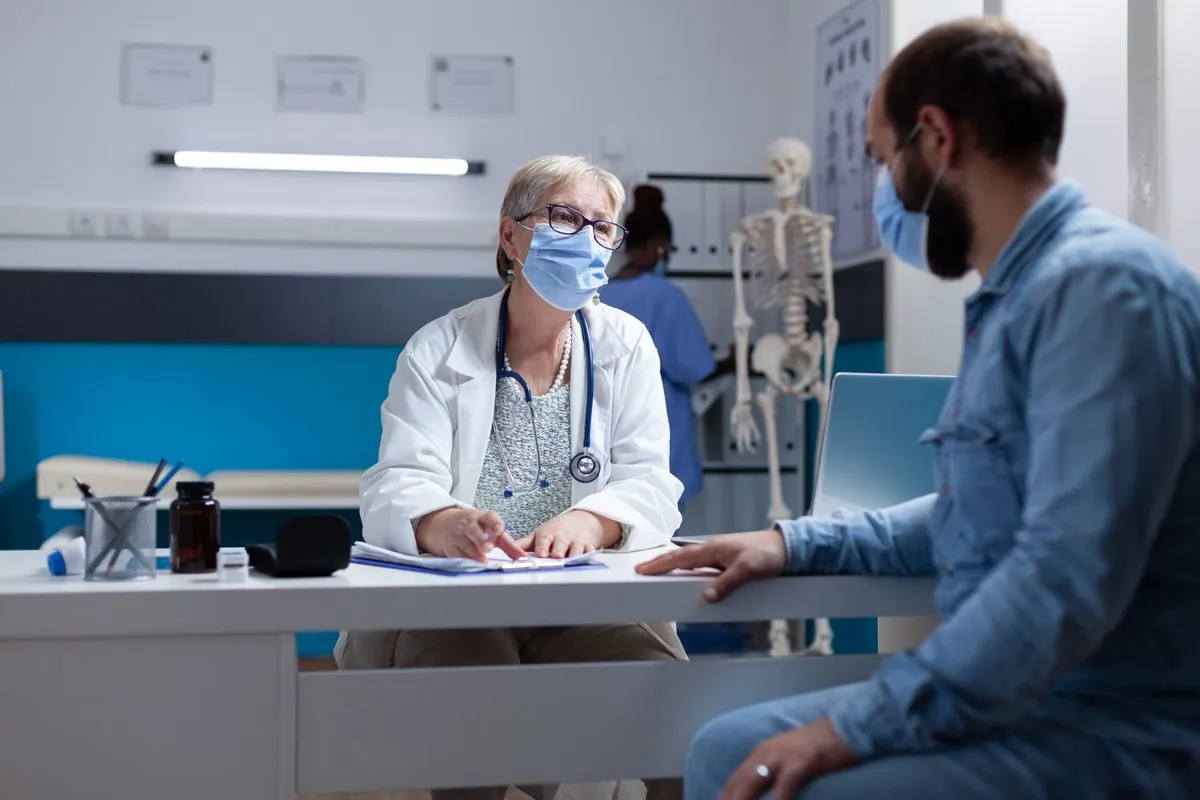A recent study has unveiled a concerning trend in the UK's primary healthcare system, highlighting a significant reduction in the working hours of general practitioners (GPs). The analysis, conducted by researchers at the University of Manchester, reveals that fully qualified GPs are now working an average of 26 hours per week, a notable decrease from the 30 hours recorded in 2016.
This decline in working hours comes at a time when the number of patients per GP has risen substantially. Each family doctor is now responsible for an average of 2,085 patients, an increase of nearly 250 patients since 2015. Despite a 6% growth in the GP workforce since 2015, the total number of hours delivered has paradoxically decreased by 2.7%.
Dr Rosa Parisi, the study's lead author, attributes this reduction to several factors, including early retirement, high turnover rates, insufficient recruitment of newly trained GPs, and a lack of overseas recruitment. Notably, the study found that male GPs have significantly reduced their hours since 2015, while female doctors have maintained relatively stable working patterns.
The research also sheds light on the disparity between the number of full-time equivalent GPs and the actual number of doctors in practice. Of the 37,677 fully qualified GPs in England, they are collectively filling 27,662 full-time equivalent roles. This discrepancy underscores the prevalence of part-time work among GPs.
The impact of these changes is particularly pronounced in deprived areas. GP surgeries in the most disadvantaged regions face 17% more patients and 19% more chronic conditions per full-time equivalent GP compared to the least deprived areas. This disparity raises concerns about healthcare equity and access for vulnerable populations.
Prof Kamila Hawthorne, chairman of the Royal College of GPs, expressed concern over the findings, stating that many GPs feel compelled to reduce their clinical hours to avoid burnout and ensure patient safety. She emphasized that the number of family doctors is not keeping pace with the growing patient population, particularly those with complex needs.
The study's findings align with broader trends in the UK healthcare system. The GP Patient Survey has shown a decline in patient satisfaction with GP services in recent years, while the UK government's pledge to increase the number of GPs by 6,000 by 2024 has proven challenging to fulfill.
The COVID-19 pandemic has further transformed GP practices, leading to a significant increase in remote consultations and the adoption of telemedicine. This shift, combined with the ongoing workforce challenges, has reshaped the landscape of primary care in the UK.
As the NHS faces these mounting pressures, innovative solutions are needed to address the declining GP working hours and ensure adequate healthcare provision for all patients. The future of general practice in the UK may depend on finding a balance between managing workload pressures and maintaining the quality of patient care.
"GPs are highly skilled at delivering this care for patients, but it is becoming more difficult to deliver in the face of intense workload and workforce pressures. We can't keep doing more with less."
